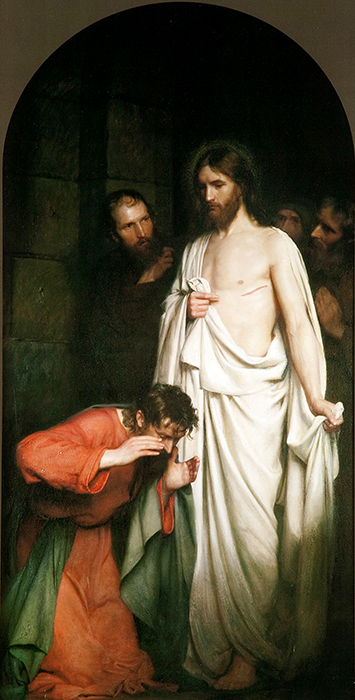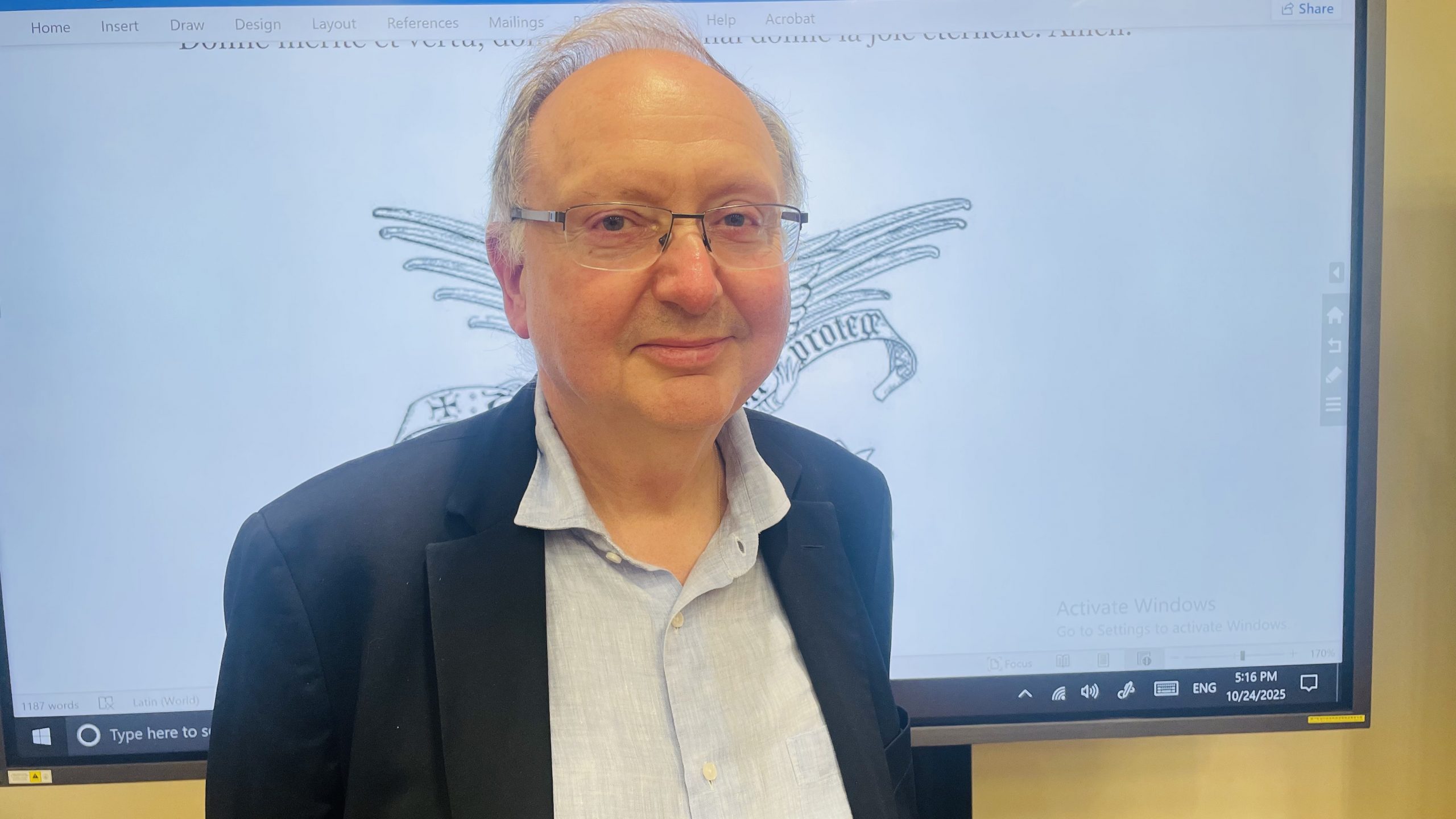António dos Santos
Tomorrow, Saturday, July 3rd, the Church around the world celebrates the Apostle St Thomas. In Macau, it will be no different, with churches remembering the Apostle in her Liturgy, and the moment everyone remembers – Thomas’ doubt before the appearance of the risen Christ. Pope St Gregory the Great, while meditating on this reality, said: “Celestial goodness, in fact, has led everything in an admirable way, so that this disciple, under the influence of doubt, touches in his Master the wounds of the flesh, and thus heals in us the wounds of unbelief.”
Thomas, transformed in faith and courage, is regarded as the Apostle who went the farthest to bring the Good News, in response to the Lord’s call – “Go into all the world and preach the gospel to all creation” (Mark 16:15).
According to tradition, St Thomas was in China after having passed through India, where he returned and suffered martyrdom. The tradition that has prevailed since the fourth century in ecclesiastical literature, Syriac, Greek, or Latin, refer to Thomas, as one of the Twelve, the Apostle of India where he was martyred for baptizing the King’s daughter; he died on July 3rd, around AD 72. His mortal remains were buried in Mylapore (Chennai).
Pope Benedict XVI, in a catechesis on the Apostle, said that is name derives from a Hebrew root, ta’am, which means “paired, twin.” In fact, John’s Gospel several times calls him “Didymus” (John, 11:16; 20:24; 21:2), a Greek nickname for, precisely, “twin.” The reason for this nickname is unclear.
St Thomas is venerated by Catholics, Orthodox and Copts. A large part of his relics rest in the church of Ortona (Italy), dedicated to him.
Saint Thomas the Apostle, pray for us! (Image: The Doubting Thomas by Carl Heinrich Bloch. Brigham Young University Museum of Art)


 Follow
Follow


